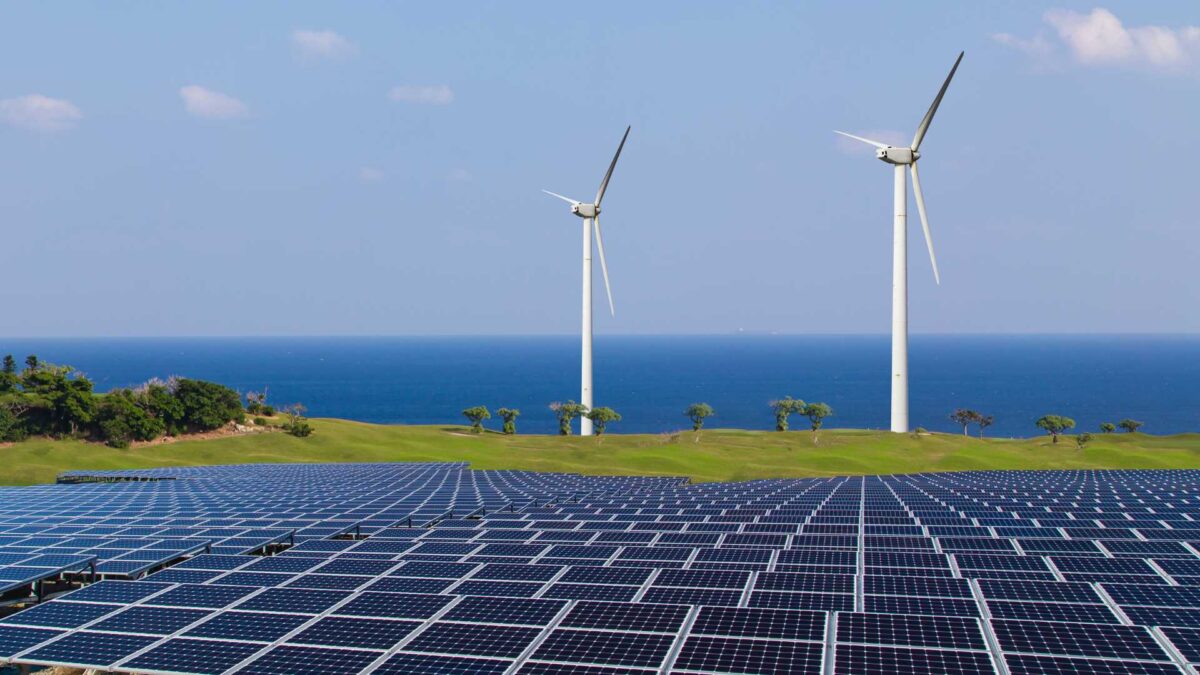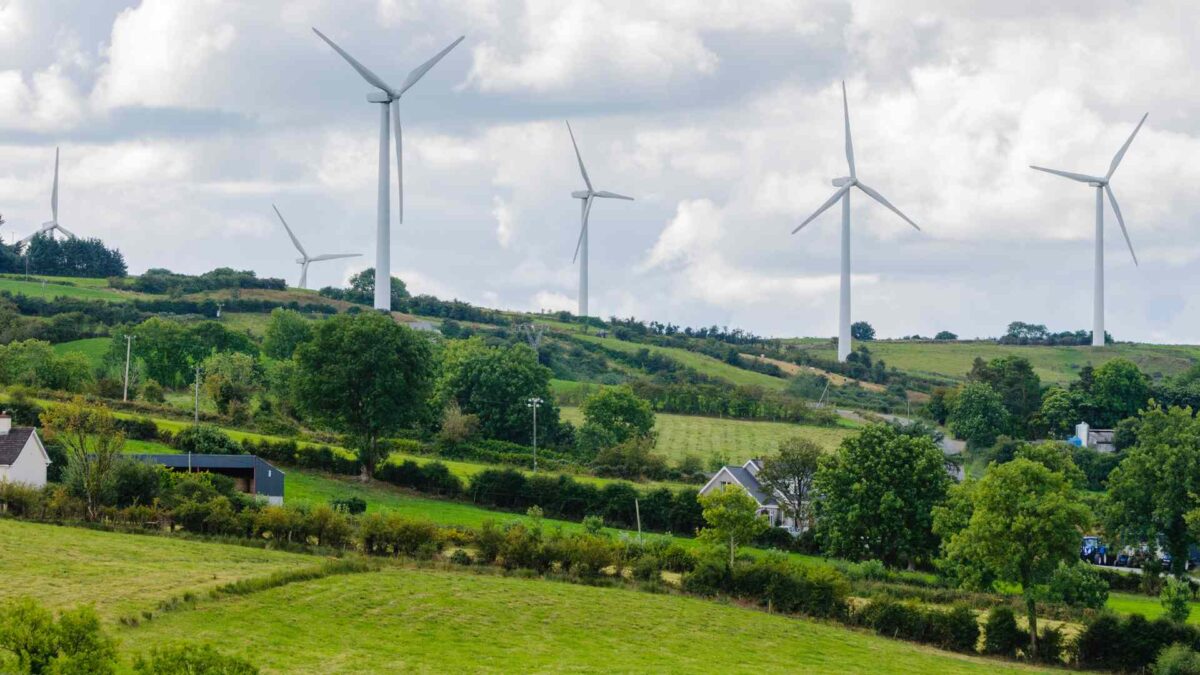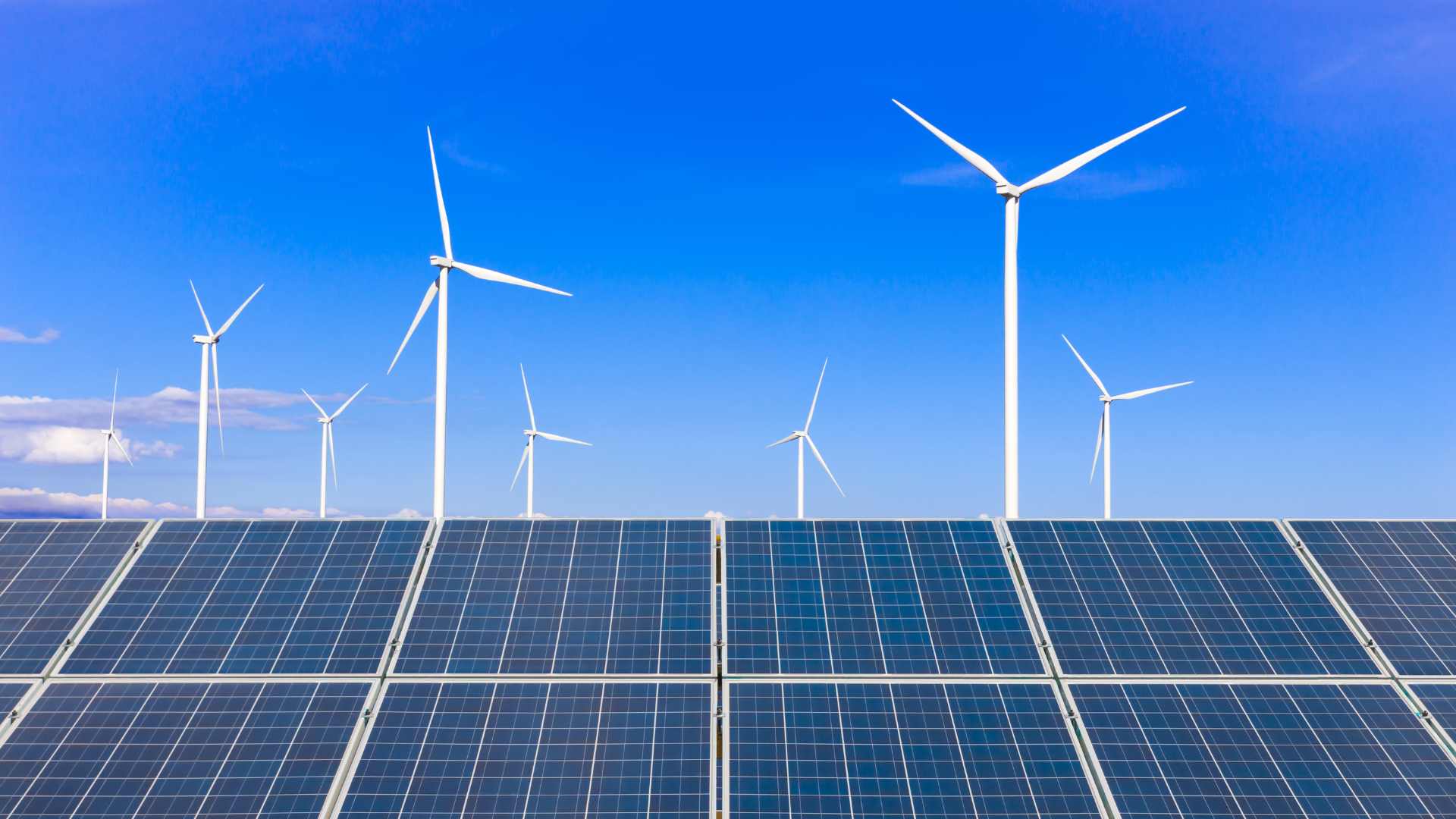
Solar and Wind Growth Overtakes Global Electricity Demand

Solar and wind power expanded faster than global electricity demand in the first half of 2025, leading to a slight decline in coal and gas use, according to new analysis by the energy think tank Ember.
Record solar growth and steady wind expansion pushed renewables to overtake coal for the first time on record. Ember describes this as the beginning of a crucial turning point in the global energy system.
Global electricity demand rose by 2.6 per cent in the first six months of 2025, adding 369 terawatt hours compared with the same period last year. Solar alone met 83 per cent of that increase, generating an additional 306 terawatt hours, up 31 per cent year-on-year.
Coal generation fell by 0.6 per cent and gas by 0.2 per cent, with fossil fuels overall declining by 0.3 per cent. Global power sector emissions dropped by 0.2 per cent.
Renewables supplied 5,072 terawatt hours of electricity, surpassing coal at 4,896 terawatt hours for the first time.

China and India both saw fossil generation fall as clean energy surged. China cut fossil fuel output by 2 per cent in the first half of the year, while India’s fossil generation fell by 3.1 per cent for coal and 34 per cent for gas.
By contrast, fossil generation rose in the United States and the European Union, where higher electricity demand and weaker wind and hydro output pushed up gas and coal use.
“With half the world already past the peak of fossil generation, we are seeing the first signs of a shift where clean power is keeping pace with demand growth,” said Małgorzata Wiatros-Motyka, Ember’s senior electricity analyst. “As costs continue to fall, now is the perfect moment to embrace the economic, social and health benefits that come with solar, wind and battery expansion.”
Share this WeathÉire story:






